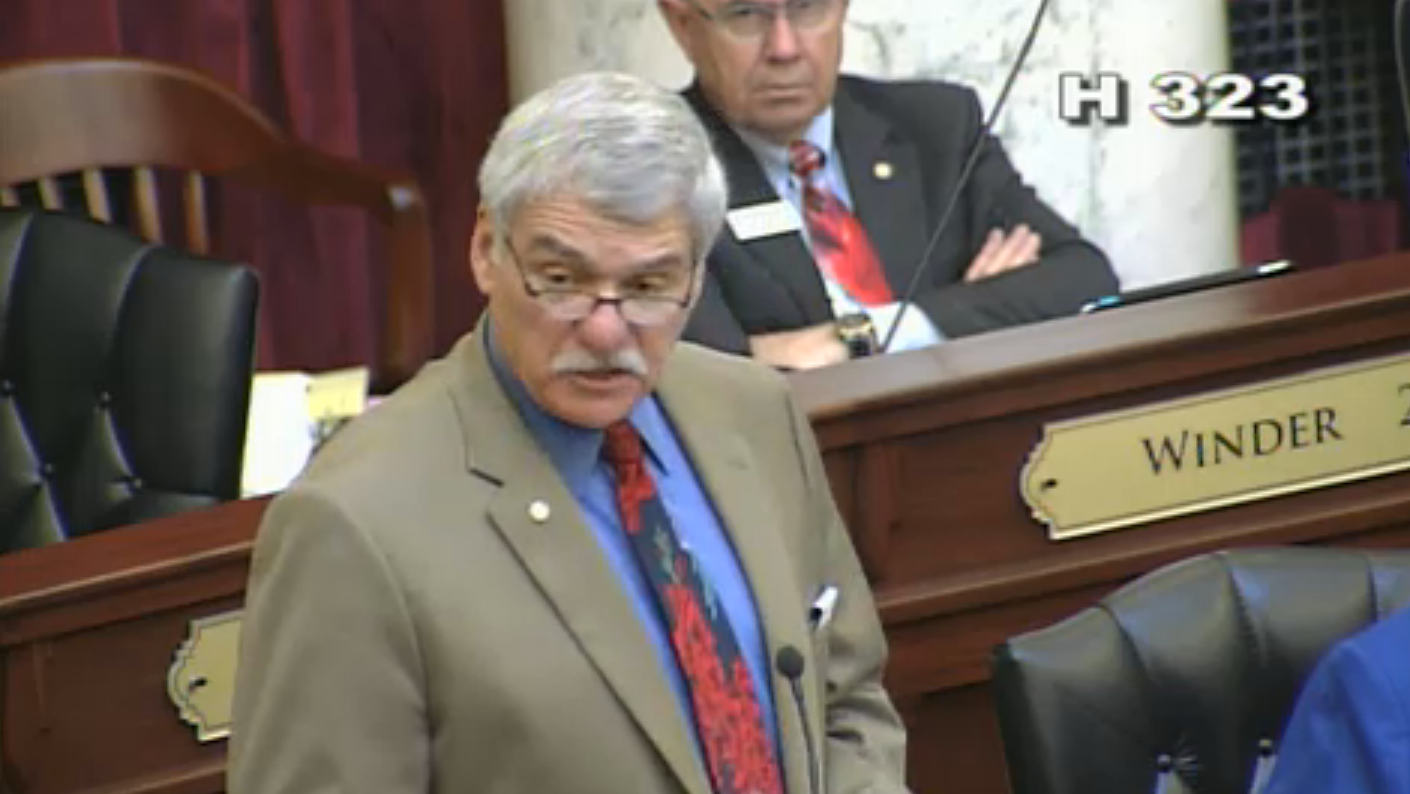For the Senate Education Committee, this week is budget week.

On Thursday morning, Senate Education Chairman John Goedde and his House counterpart, Reed DeMordaunt, will go before the budget-writing Joint Finance-Appropriations Committee with spending recommendations. This is the formal step that allows the education committees — the “germane committees,” in legislative lingo — to weigh in on where K-12 dollars should go.
The Senate Education budget deliberations began Monday afternoon, and covered a range of topics:
Broadband. Should the Legislature put $14.45 million into the Idaho Education Network broadband project, to ensure the high-speed Internet connections stay in Idaho high schools, even while federally managed payments are in limbo?
The $14.45 million request has raised eyebrows around the Statehouse. And on Thursday, Senate Education members were the first to hear that the problem could get even worse: If federal reviewers throw out the Idaho Education Network contract, the state could be on the hook to reimburse the feds for more than $13 million in back payments.
Despite the budget uncertainties, Goedde says he’s “fully supportive” of the $14.45 million request. Fellow Coeur d’Alene Republican Bob Nonini shared that sentiment. He said lawmakers may be upset over the state’s handling of the broadband contract, or the combatants in a 4-year-old lawsuit, but ultimately, lawmakers need to protect a program serving thousands of students statewide. “At the end of the day it will be the children that lose, mostly.”
But Idaho Falls Republican Dean Mortimer questioned spending $2.2 million to begin expanding the program to middle schools and grade schools, as long as there are questions about the 2009 project contract.
Gov. Butch Otter and state Superintendent Tom Luna both support the $14.45 million request, and expanding broadband to the lower grades.
Teacher pay. Both Mortimer and Boise Democrat Janie Ward-Engelking urged putting more money into teacher pay. Mortimer was particularly concerned about teachers at the low end of the salary scale; the state’s minimum teacher salary is $31,000. “Those teachers are the ones who are critical and hurting.”
Superintendent Tom Luna wants a 1 percent pay raise for teachers and $15.9 million in teacher bonuses. Otter recommended no pay raises for teachers.
Benefits. Some committee members lamented the rising cost of health insurance for school districts. When coupled with flat salaries and unpaid furloughs, the rising costs of insurance have left some teachers with smaller paychecks, said Ward-Engelking.
Some lawmakers want school districts to receive a separate budget line item just for insurance. Both Otter and Luna want to see the state reverse $35 million in recession-era budget cuts — providing a boost in “operational funding” that districts can apply to benefits costs.
Goedde suggested the Legislature might simply wind up restoring some of the operational funding, and asking districts to report where they spend the money. This may reveal “glaring” differences among districts, and may give the state a better handle on insurance costs.
